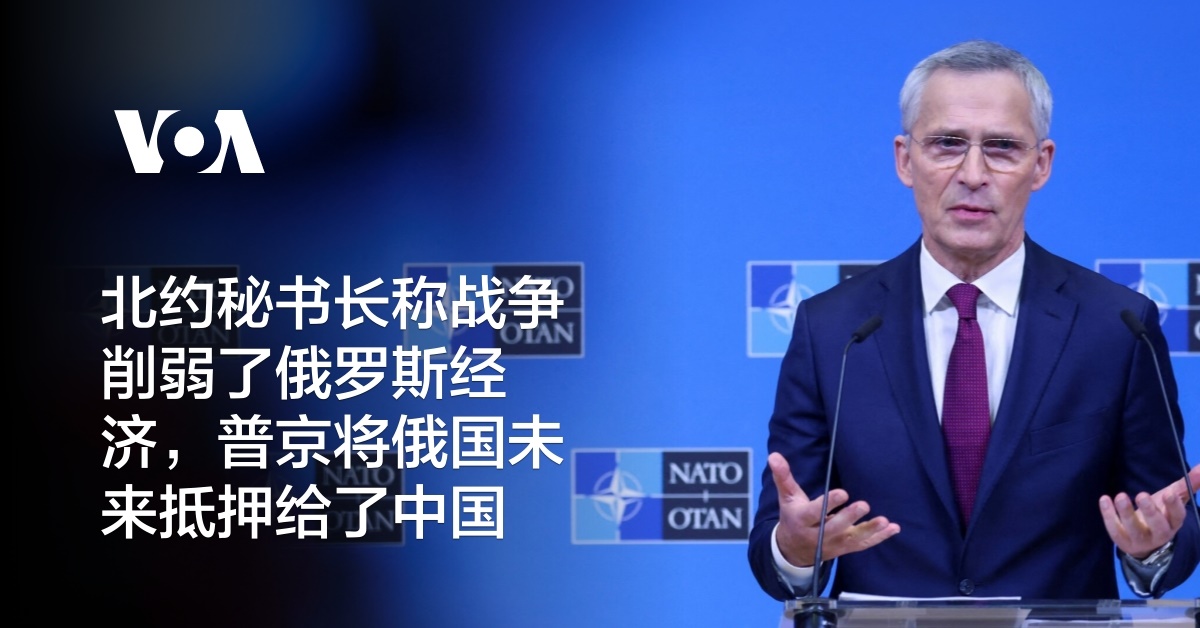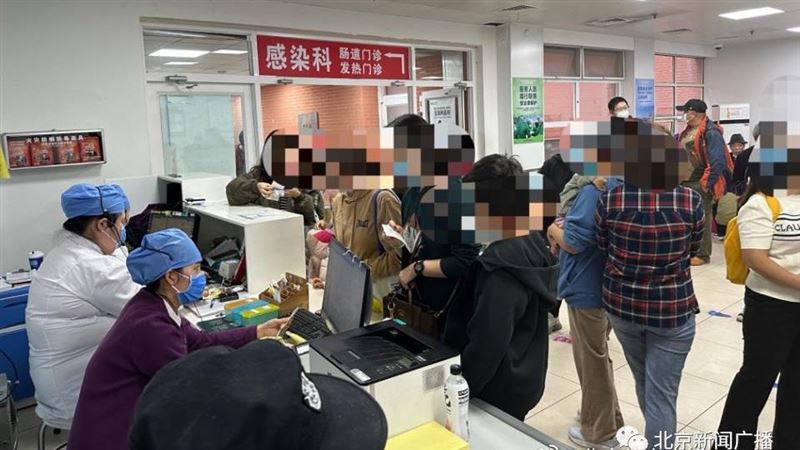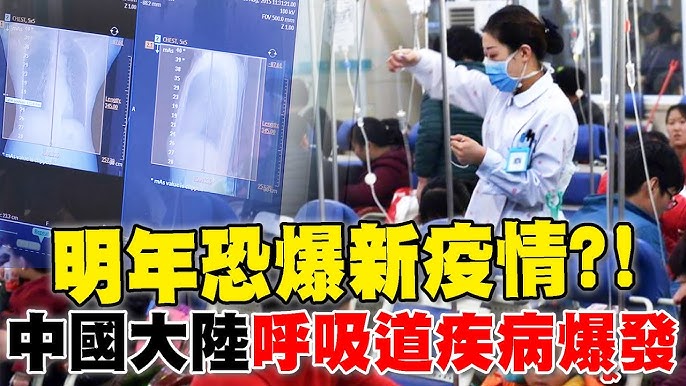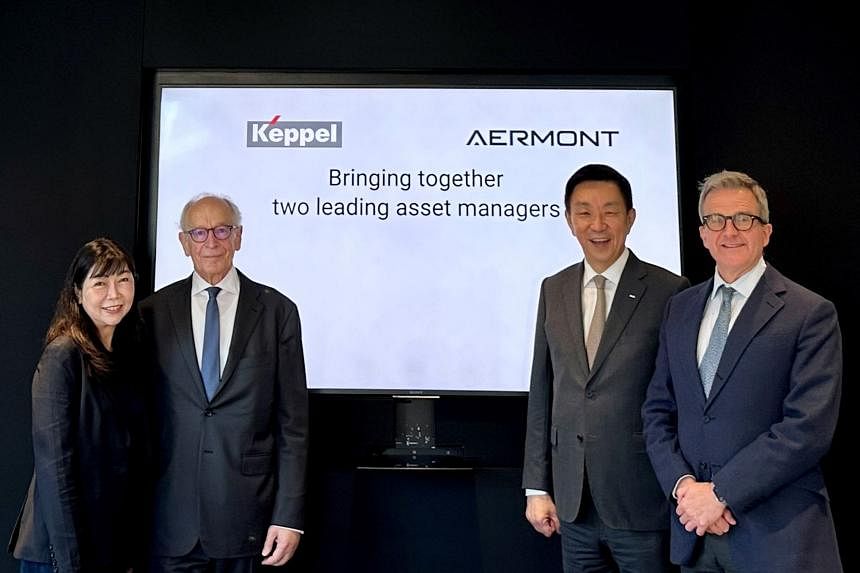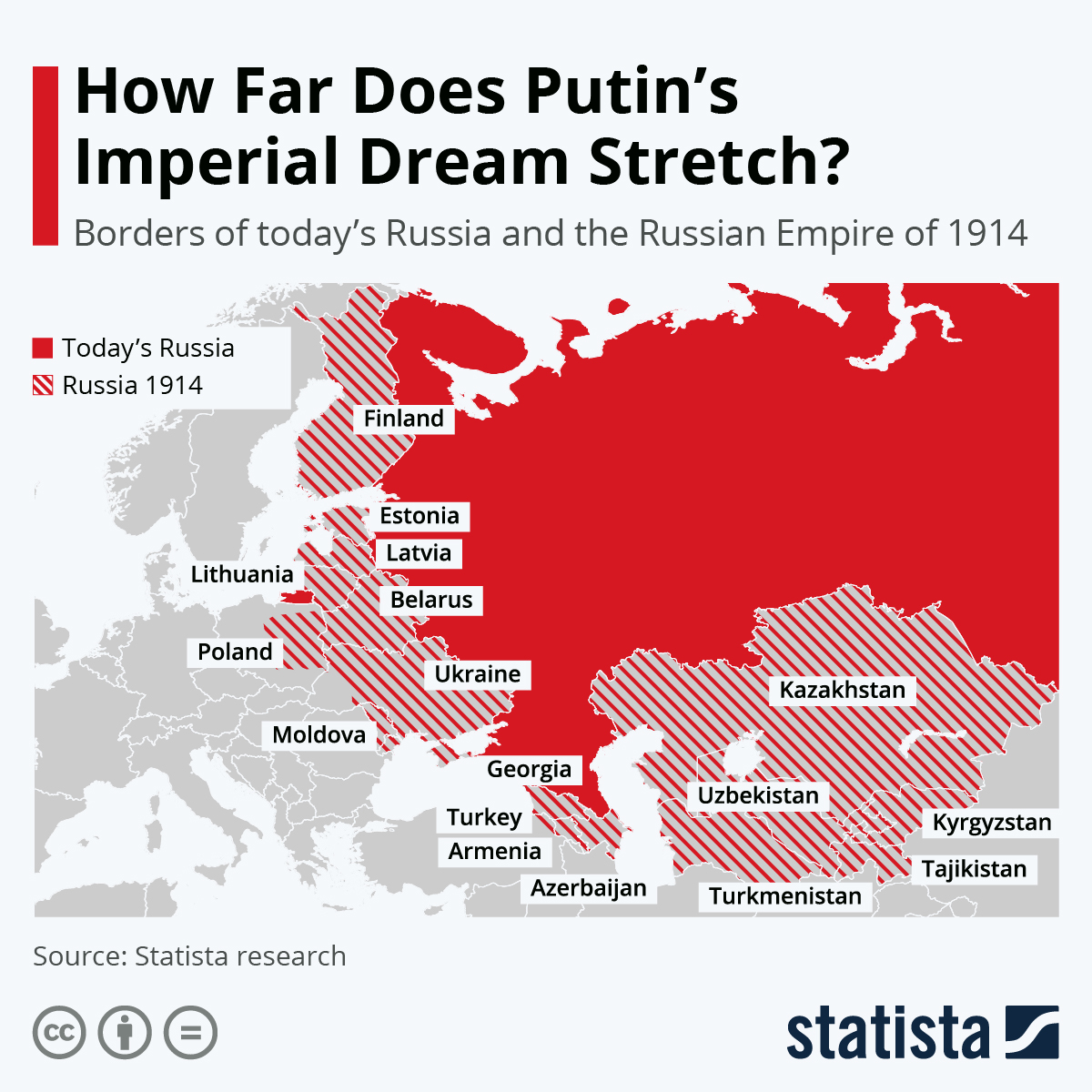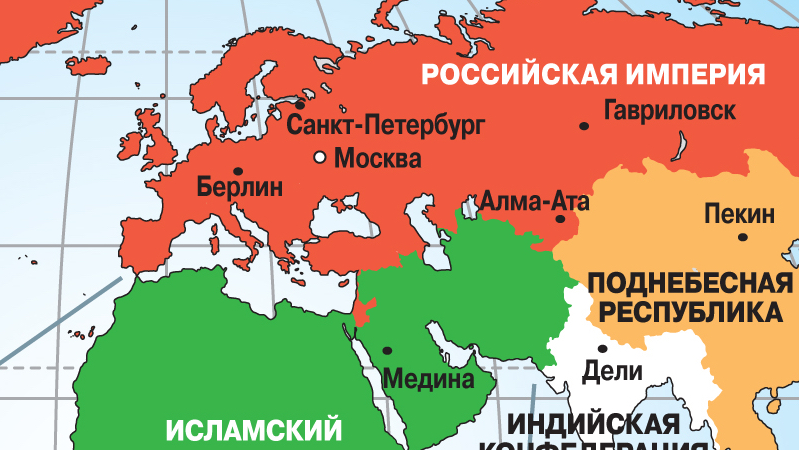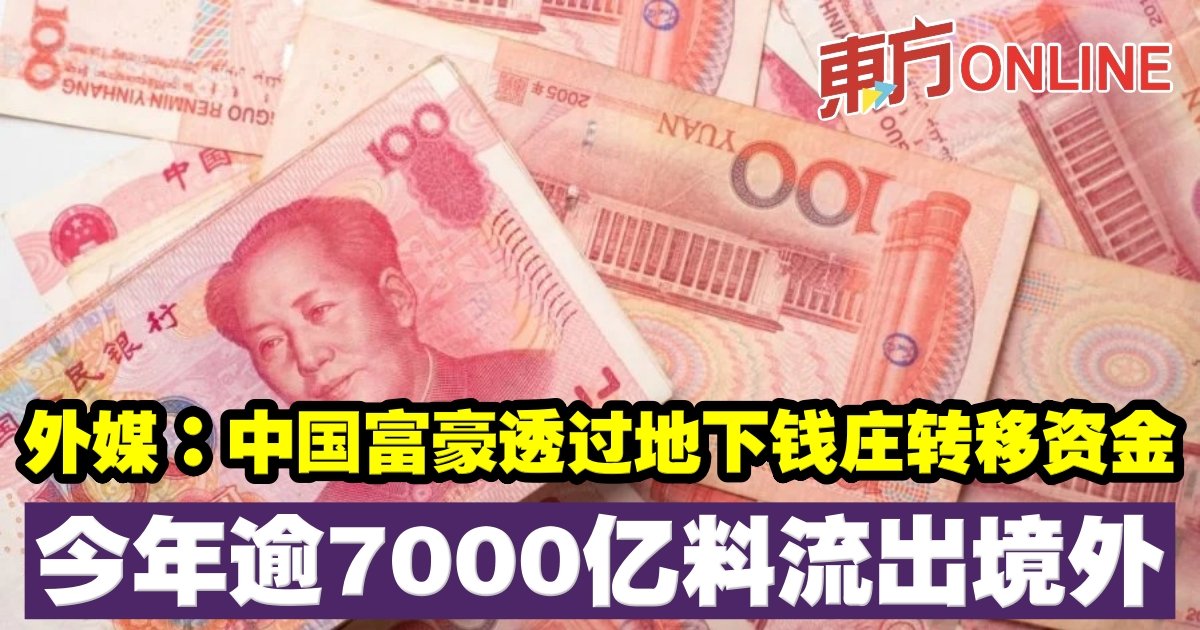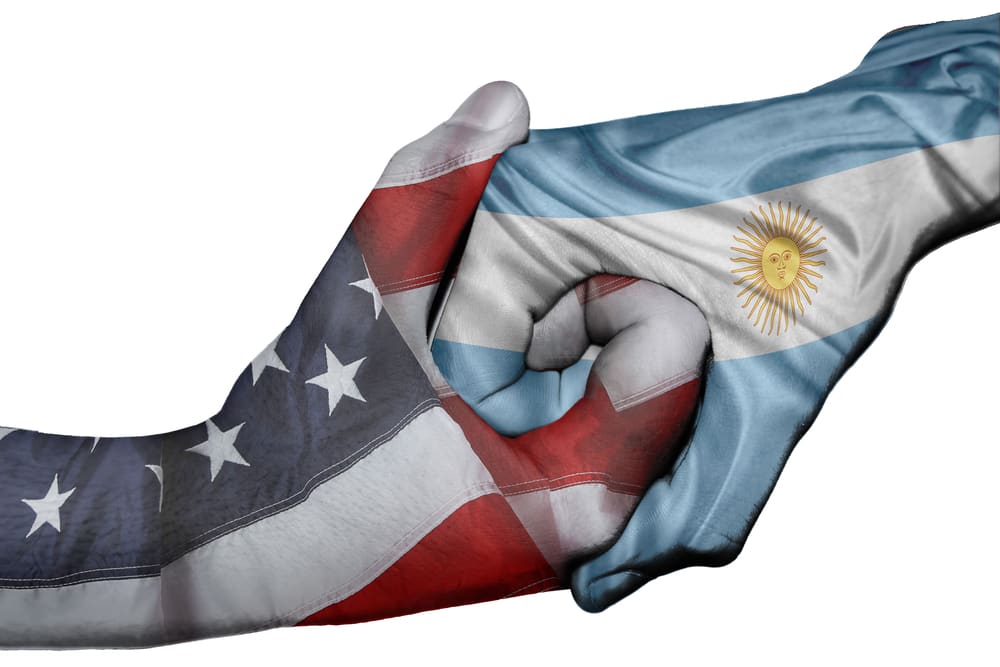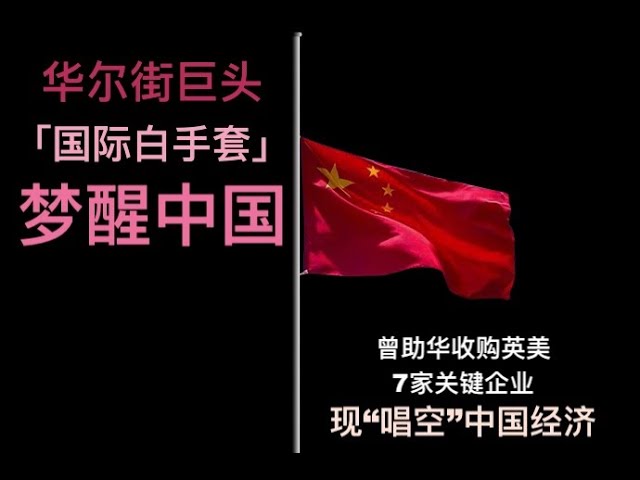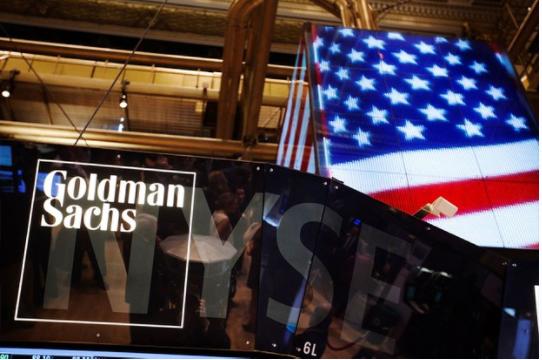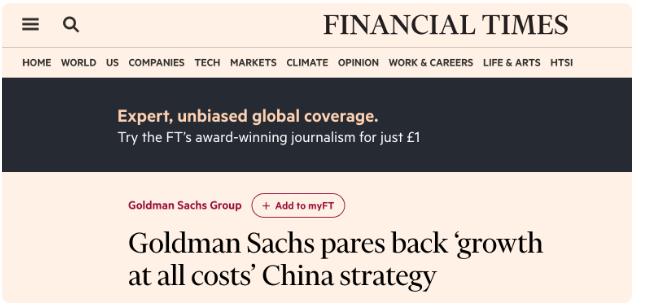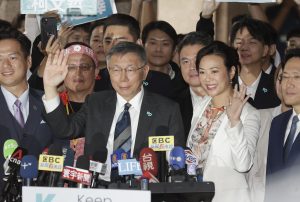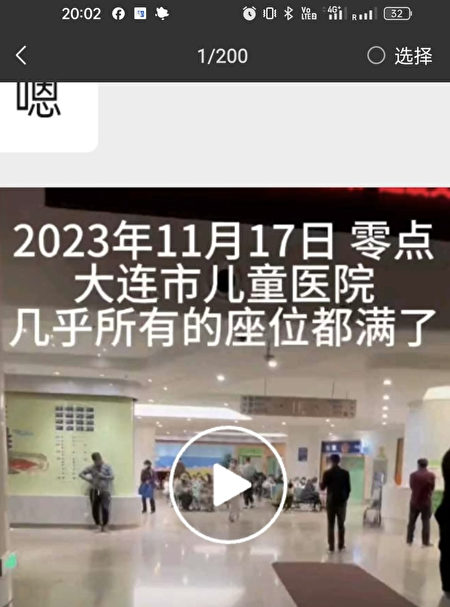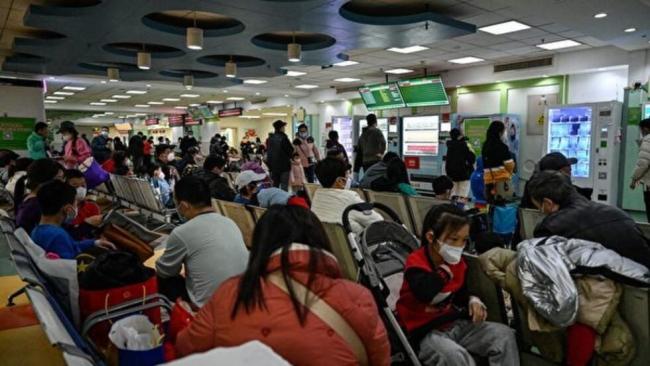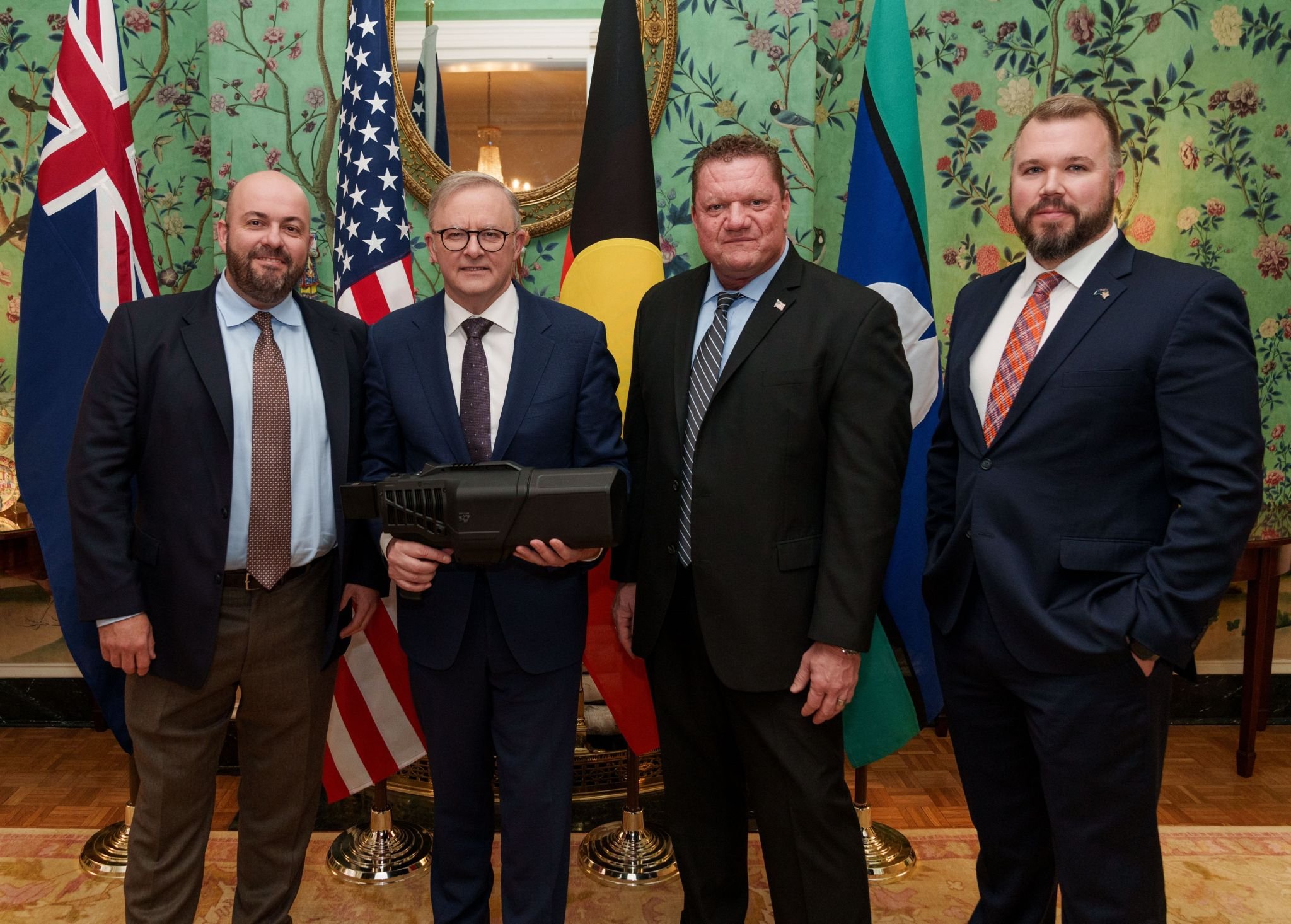From Green to Blue: The Political History of Ko Wen-je
Who is the third-party candidate shaking up Taiwan’s presidential race?
Ko Wen-je , the former Taipei mayor currently running for president, has stolen the spotlight in Taiwan’s 2024 presidential election. Before this election cycle, only those who followed Taiwan’s domestic politics likely knew who he was, where he came from, and what makes his quirky brand of populism so appealing to some Taiwanese voters.
In the past few weeks, however, Ko has commanded Taiwanese media’s attention because of the potential that he would agree to a joint presidential candidate with the Kuomintang (KMT) – an alliance that, according to polls, could potentially defeat Democratic Progressive Party (DPP) candidate William Lai.
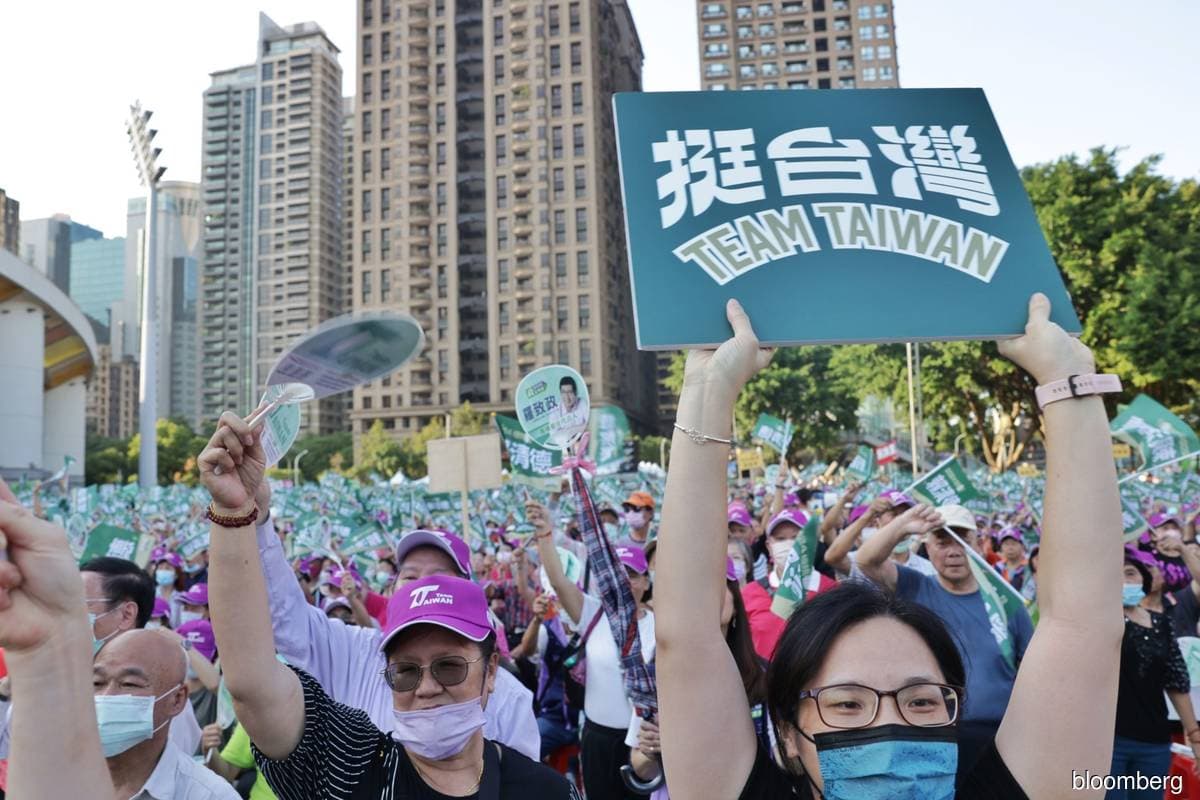 This development is nearly unimaginable considering where Ko’s popularity started from 10 years ago. When he first crashed onto the political scene, he was considered pan-Green, closer to the DPP camp; early on, Ko supported and endorsed mostly pro-independence-leaning politicians. Today, however, he is closely aligned with pro-China politicians, and even almost ran for president with the KMT.
This development is nearly unimaginable considering where Ko’s popularity started from 10 years ago. When he first crashed onto the political scene, he was considered pan-Green, closer to the DPP camp; early on, Ko supported and endorsed mostly pro-independence-leaning politicians. Today, however, he is closely aligned with pro-China politicians, and even almost ran for president with the KMT.
How his political trajectory has taken such a color-shifting turn is fundamental to understanding why Ko is so controversial to so many voters.
 Ko’s popularity began around the time of the Sunflower Movement – the 2014 protests against a controversial trade pact with China. The Sunflower Movement, with its strong anti-KMT and anti-President Ma Ying-jeou sentiments, was revolutionary for Taiwan, and laid the foundation for the DPP’s continued electoral success for eight years. It is also what gave Ko his political start, with Ko participating in and throwing his support behind the movement.
Ko’s popularity began around the time of the Sunflower Movement – the 2014 protests against a controversial trade pact with China. The Sunflower Movement, with its strong anti-KMT and anti-President Ma Ying-jeou sentiments, was revolutionary for Taiwan, and laid the foundation for the DPP’s continued electoral success for eight years. It is also what gave Ko his political start, with Ko participating in and throwing his support behind the movement.
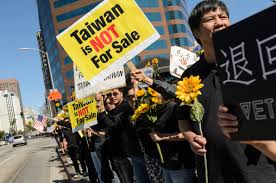 Ko’s first political victory was being elected mayor of Taipei in 2014. While Ko ran as an independent, he won largely because of an endorsement from the DPP, Sunflower Movement activists, and pan-Green voters. At the time, Ko framed himself as a progressive, Green-leaning, albeit frequently politically incorrect politician.
Ko’s first political victory was being elected mayor of Taipei in 2014. While Ko ran as an independent, he won largely because of an endorsement from the DPP, Sunflower Movement activists, and pan-Green voters. At the time, Ko framed himself as a progressive, Green-leaning, albeit frequently politically incorrect politician.
In the 2016 national elections, Ko endorsed Tsai Ing-wen and the DPP. He even endorsed the New Power Party, a newly formed movement-party that grew out of the Sunflower Movement and was explicitly pro-Taiwan independence. Ko himself shared the stage and endorsed politicians including Freddy Lim, the long-time pro-independence advocate who later became a legislator.
After the 2016 election, however, Ko’s politics began to shift in a way that took his pan-Green support base by surprise. During the 2017 Summer Universiade games in Taipei, Ko began to use rhetoric that was far more warm to China and its government, which made his Green base of support uncomfortable. Most infamously, he began repeatedly using the line “two sides of the Strait, one family” (兩岸一家親) as a regular slogan to express his connections to China. He also began a new robust relationship with Shanghai’s city government, which became a hallmark of his projects as mayor.
Developing these ties with China alienated Ko’s pan-Green support. An incident that crystallized the growing pan-Green consensus against Ko was his defense of his exchanges with China – even after student demonstrators protesting events held as part of the exchanges were attacked on the campus of National Taiwan University by gangsters with ties to pro-unification groups in September 2017.
By 2018, Ko was seen as more pan-Blue than pan-Green. The DPP did not endorse him for re-election, instead choosing to field its own candidate. However, he still enjoyed support from pan-Green voters, since he was seen as a more realistic prospect to defeat the KMT candidate in Blue-leaning Taipei. Ko scraped through his 2018 re-election, defeating KMT candidate Ting Shou-chung by less than 1 percent. The DPP’s decision to contest the polls against Ko, in turn, sharpened his increasingly overt animus against the party.
Ko’s political ambitions took a serious turn in 2019 when he formed his own political party, the Taiwan People’s Party (TPP). The TPP branded itself as being above Blue-Green politics. Despite such claims, Ko recruited heavily from the pan-Blue established politicians to form his new party. His number two and the TPP’s candidate to succeed Ko as Taipei mayor in 2022, Huang Shan-shan, was even previously a member of the pro-unification New Party.
Ko has also long-standing, close relations with current and former KMT politicians, most notoriously Foxconn founder Terry Gou, who unsuccessfully ran for the KMT’s nomination in both the 2020 and 2024 presidential races. One of the most prominent politicians from the TPP, Ann Kao, seems to have been recruited to the party primarily on the basis of her strong link to Gou.
Ko and Gou’s close friendship has also cast doubt on whether or not Ko really is above typical Blue-Green politics. Now that Gou has withdrawn from this year’s presidential race after a bizarre televised spat between the major candidates, analysts and voters alike are watching to see if he throws his support behind Ko.
Ko’s political appeal began to grow during Tsai’s second term as president. Those in Taiwan with continued dissatisfaction against both major parties continued to see Ko as a meaningful third option. Rumors that he might try to run for president grew, leading to a formal announcement in 2023.
Today, Ko’s political appeal is quirky; he has established a brand for himself as a non-establishment figure who differs from slick, traditional politicians. His support comes from a social media savvy team that makes Ko out as a “different” kind of politician, one who is less formal, more direct, and says “whatever is on his mind.” His politics are often vague, but positive enough that it woos over a certain voting demographic in Taiwan that is tired of the two big parties and formal established politicians. However, Ko has courted controversy numerous times over misogyny, and more recently was criticized for comments read as suggesting that LGBTQ people were mentally ill.
Despite his insistence that he and the TPP are above discussing cross-strait relations, Ko and the TPP have both come out repeatedly as pro-status-quo. He, however, is far more open to relations with China, similar to the KMT’s interpretation of the status quo. When asked about the 1992 Consensus, a staple of the KMT’s China policy, Ko said Beijing should call it by a different name because of how unmarketable it has become in Taiwan.
Otherwise, Ko’s views on cross-strait relations are inconsistent. Ko has suggested that the Cross-Strait Service Trade Agreement, the trade deal with China that the Sunflower Movement opposed, should be revised and that Taiwan should construct a bridge between the outlying island of Kinmen and the Chinese mainland.
Ko distinguishes himself from other candidates because of the perception he is strongly supported by many young people. This would seem to be at odds with rising identity trends in which Taiwanese young people increasingly identify as Taiwanese rather than Chinese, leading them to not support the pan-Blue camp. Ko’s seemingly unique appeal has sometimes been termed the “Ko model,” though critics frame him as simply being another populist candidate. Ko himself strongly banks on his support from young people.
In the past, Ko’s political switch from pan-Green to pan-Blue has given plenty of voters whiplash. Today, his base of support is a mixture of jaded Taiwanese who dislike both big parties, young people who find appeal in his quirky personality as a politician, and pan-Blue voters who are unsatisfied with the KMT’s performance.
Ko has come a long way from participating in an anti-KMT and anti-Ma protests and standing on stage with Freddy Lim, to standing on stage with former President Ma in a now-scrapped deal to run with the KMT. He continues to make the upcoming election interesting, to say the least.
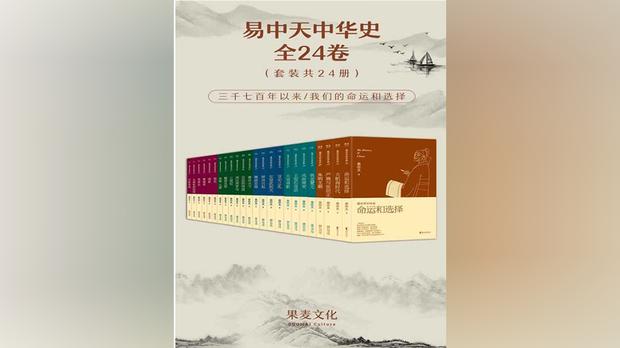
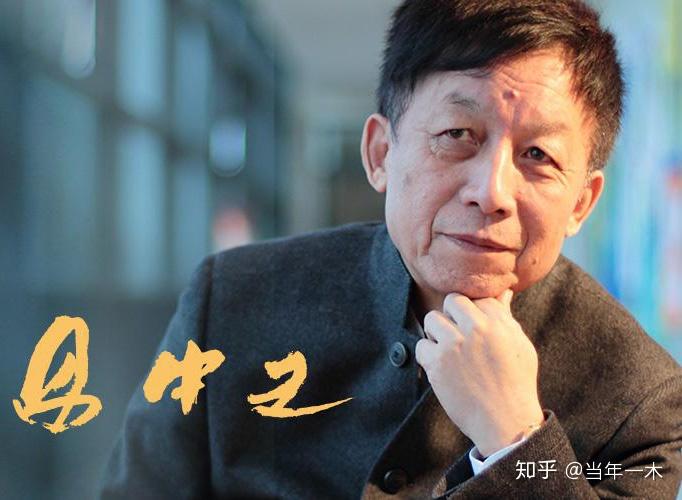 中央社引述知情人士信息指出,这个系列被下架的原因是因为易中天对历史的评论引发北京当局不满,被官方要求下架。
中央社引述知情人士信息指出,这个系列被下架的原因是因为易中天对历史的评论引发北京当局不满,被官方要求下架。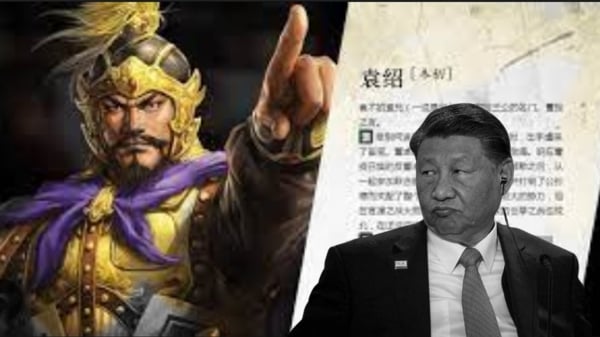 中国影像诗人夏天11月5日介绍,《易中天品三国·论袁绍》中说:“这个人的特点野心大,智慧少,态度凶,胆子小,刻薄猜忌人缘不好,政治上短见,军事上弱智,组织上低能,指挥上就一误再误愚蠢透顶。俗话说兵熊熊一个将熊熊一窝,主帅是这个水平,这场仗肯定是打不赢的。指挥失误的根本原因在于,此人缺少帅才,他的特点是,见事迟,总是不能立即做出决断,而且优柔寡断,用人失当。他的用人原则很简单,就是我高兴,他高兴的原则也很简单,谁拍他马屁,他就高兴。这种局面,不失败才是天理难容。”
中国影像诗人夏天11月5日介绍,《易中天品三国·论袁绍》中说:“这个人的特点野心大,智慧少,态度凶,胆子小,刻薄猜忌人缘不好,政治上短见,军事上弱智,组织上低能,指挥上就一误再误愚蠢透顶。俗话说兵熊熊一个将熊熊一窝,主帅是这个水平,这场仗肯定是打不赢的。指挥失误的根本原因在于,此人缺少帅才,他的特点是,见事迟,总是不能立即做出决断,而且优柔寡断,用人失当。他的用人原则很简单,就是我高兴,他高兴的原则也很简单,谁拍他马屁,他就高兴。这种局面,不失败才是天理难容。”




